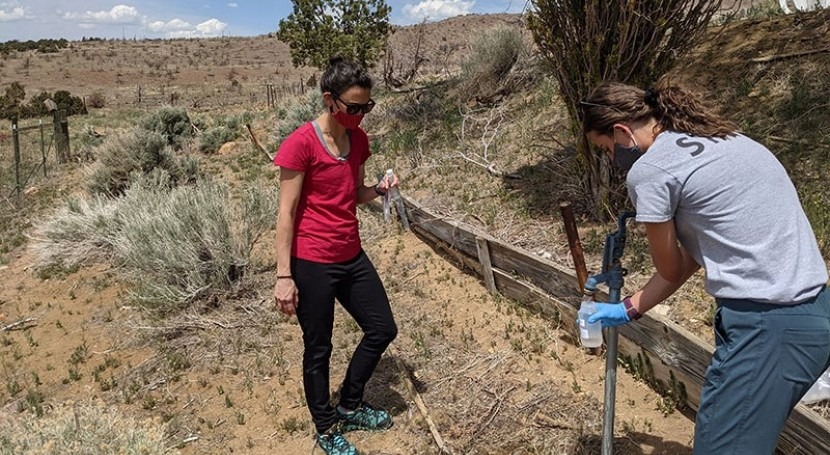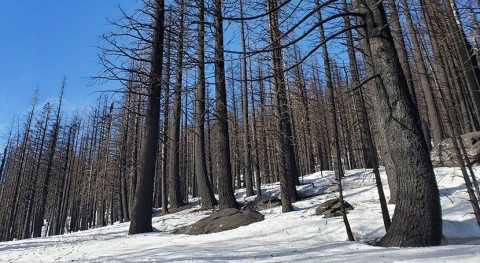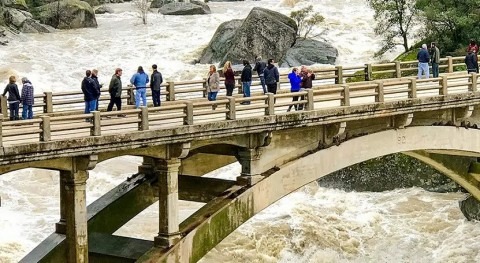Outside of Nevada’s bustling cities, private wells are the primary source of drinking water, serving 182,000 people. Yet some of the tested private wells in Nevada are contaminated with levels of heavy metals that exceed federal, state or health-based guidelines, a new study published in Science of The Total Environment shows. Consuming water contaminated by metals such as arsenic can cause adverse health effects.
Scientists from DRI and the University of Hawaii Cancer Center recruited households with private wells through the Healthy Nevada Project. Households were sent free water testing kits, and participants were notified of their water quality results and recommended actions they could take. More than 170 households participated in the research, with the majority from Northern Nevada around Reno, Carson City and Fallon.
“The goals of the Healthy Nevada project are to understand how genetics, environment, social factors and healthcare interact. We directly engaged our participants to better understand environmental contaminants that may cause adverse health outcomes,” said co-author Joseph Grzymski, Ph.D., research professor at DRI, principal investigator of the Healthy Nevada Project®, and chief scientific officer for Renown Health.
Nearly one-quarter (22%) of the private wells sampled had arsenic that exceeded safe levels determined by the Environmental Protection Agency (EPA) — with levels 80 times higher than the limit in some cases. Elevated levels of uranium, lead, cadmium, and iron were also found.
“We know from previous research that Nevada’s arid climate and geologic landscape produce these heavy metals in our groundwater,” says Monica Arienzo, Ph.D., an associate research professor at DRI who led the study. “It was important for us to reach out to community members with private wells to see how this is impacting the safety of their drinking water.”
Fewer than half (41%) of the wells sampled used water treatment systems, and some treated water samples still contained arsenic levels over EPA guidelines. Although average levels of heavy metal contaminants were lower in treated water, many homes were unable to reduce contaminants to levels considered safe.
The state leaves private well owners responsible for monitoring their own water quality, and well water testing helps ensure water is safe to drink. This study shows that more frequent testing is needed to ensure Nevada’s rural communities have safe drinking water. This is particularly important as the effects of climate change and population growth alter the chemistry of groundwater, potentially increasing metal concentrations.
“The results emphasize the importance of regular water quality monitoring and treatment systems,” said co-author Daniel Saftner, M.S., assistant research scientist at DRI.
Although the research focused on wells in Nevada, other arid communities in Western states are facing similar risks of water contamination.














